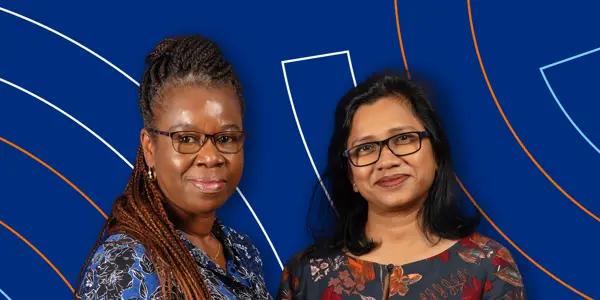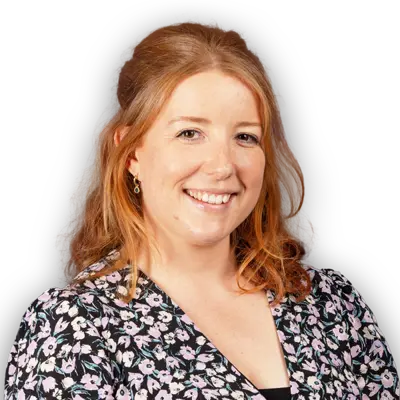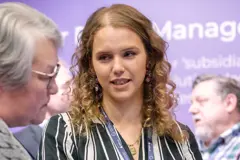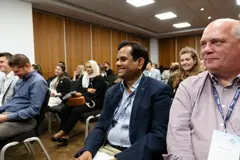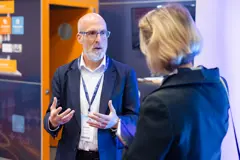Governance underpins the entire management of an organisation — whether it’s a business, charity, or public service provider.
Governance frameworks identify who can make decisions, who has the authority to act on behalf of the organisation, and who is accountable for behaviour and performance.
Good governance not only benefits stakeholders, but wider society, too. It helps the management team and board run the company legally, ethically, sustainably, and successfully.
Think clear decision-making processes, open reporting, active engagement with stakeholders, effective risk management, and taking responsibility for controlling and protecting assets, including reputation.
Quite simply: without governance, organisations can’t expect to thrive.
